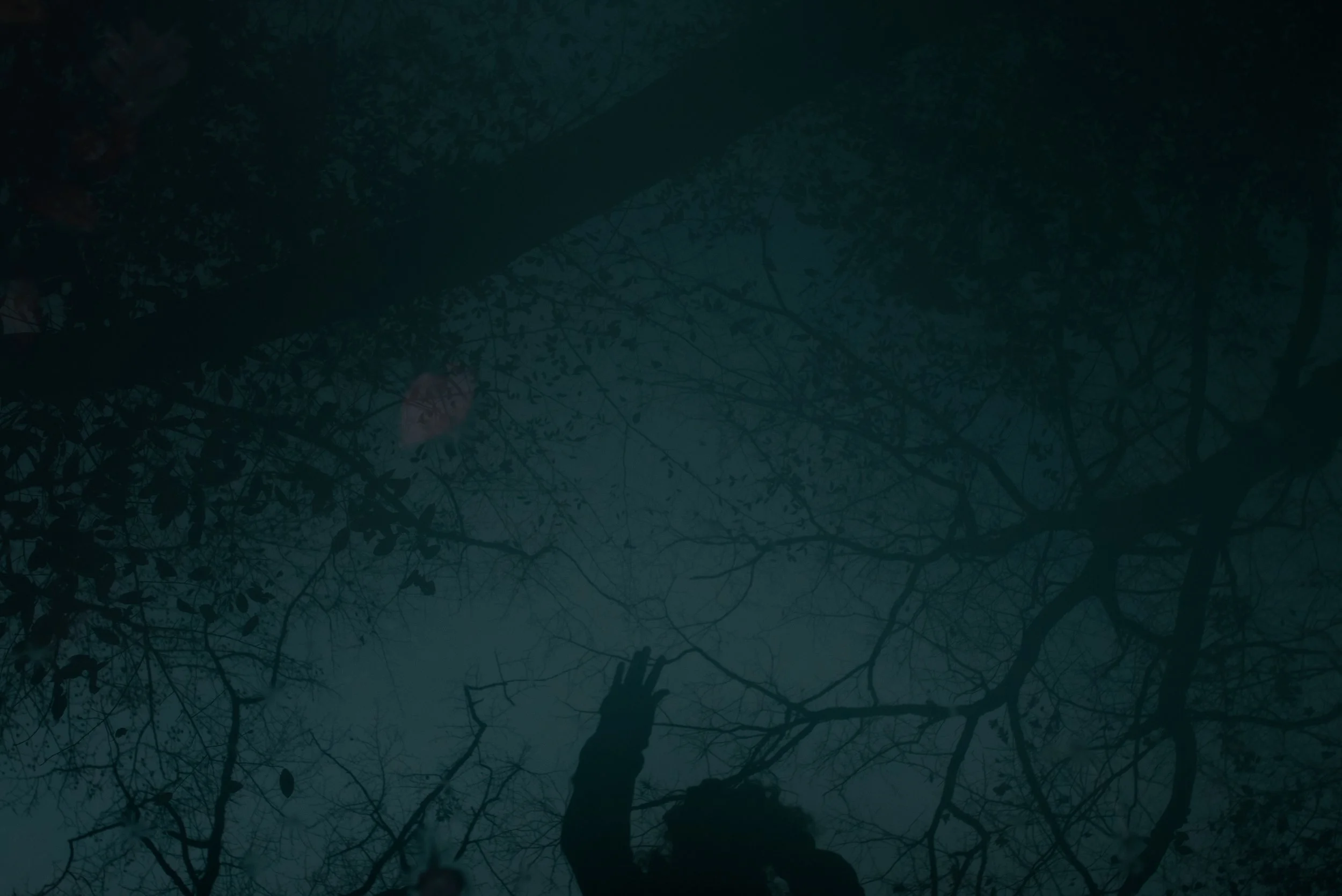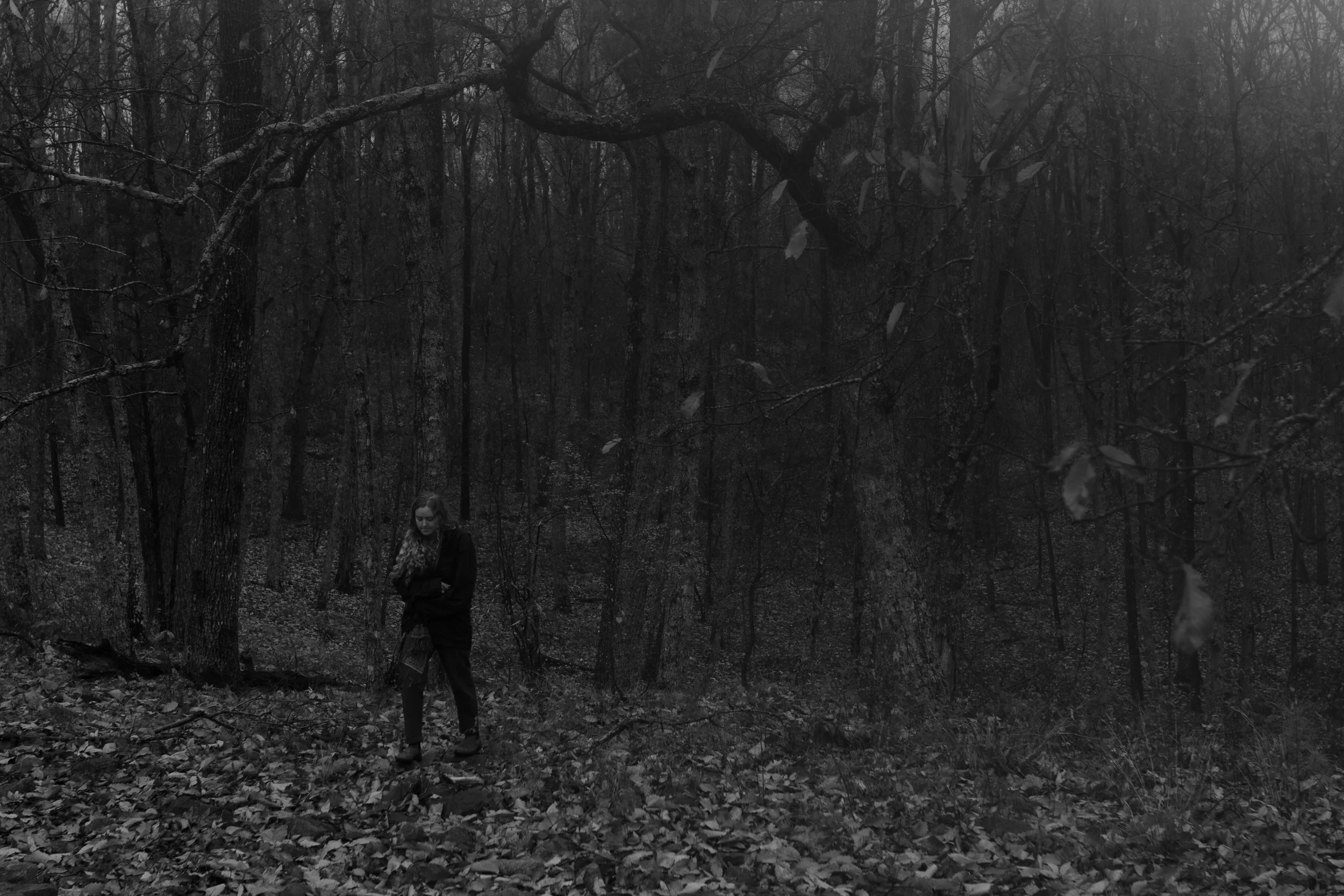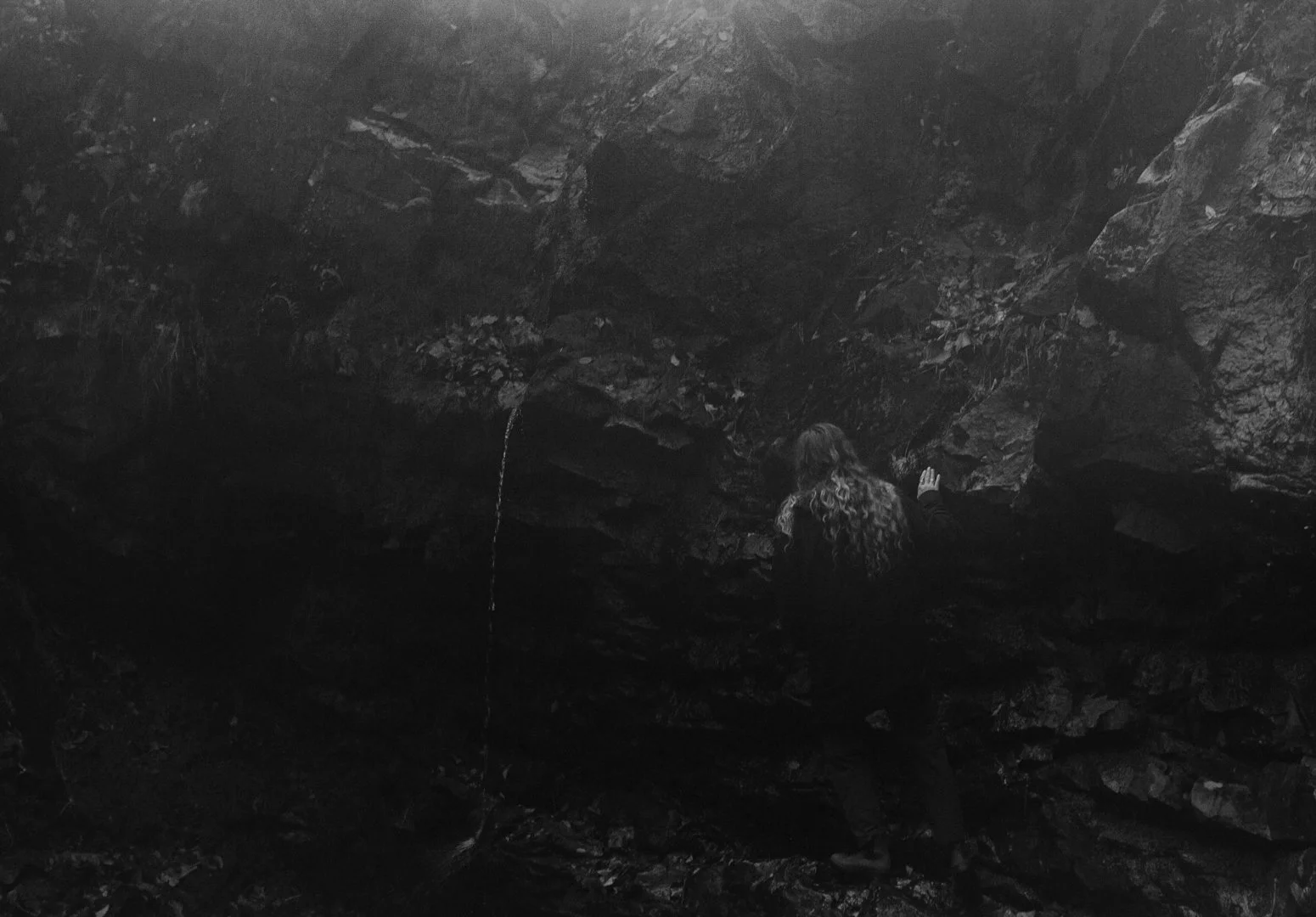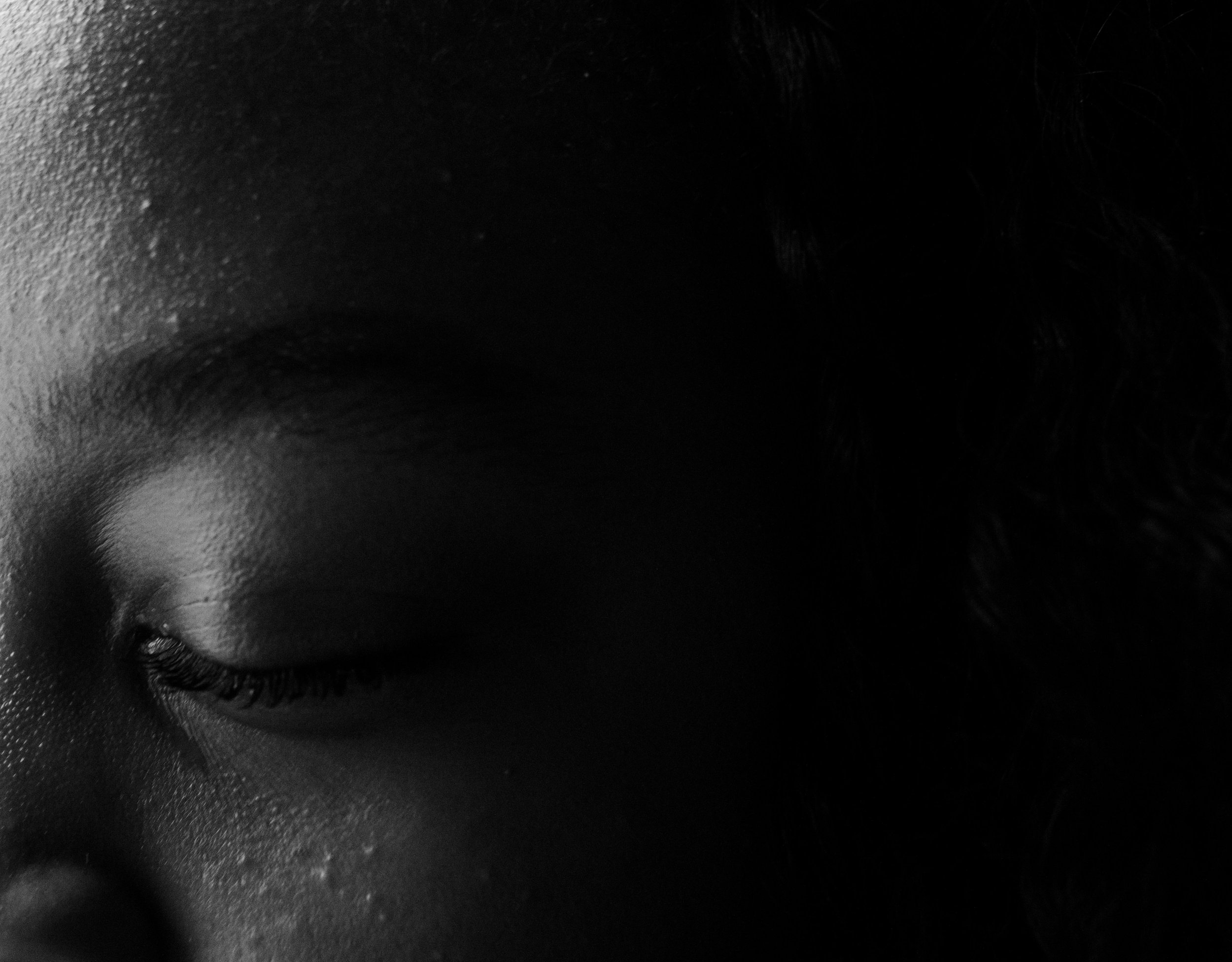
More Than A Body
2022 - Present
A documentary project exploring the impact of religious purity culture on survivors of sexual abuse. For all inquiries regarding this project please contact me directly. This project is not affiliated with any organization and is not for profit.
TW: The words in this project are real statements from survivors. Please use your discretion as the following words may be triggering.
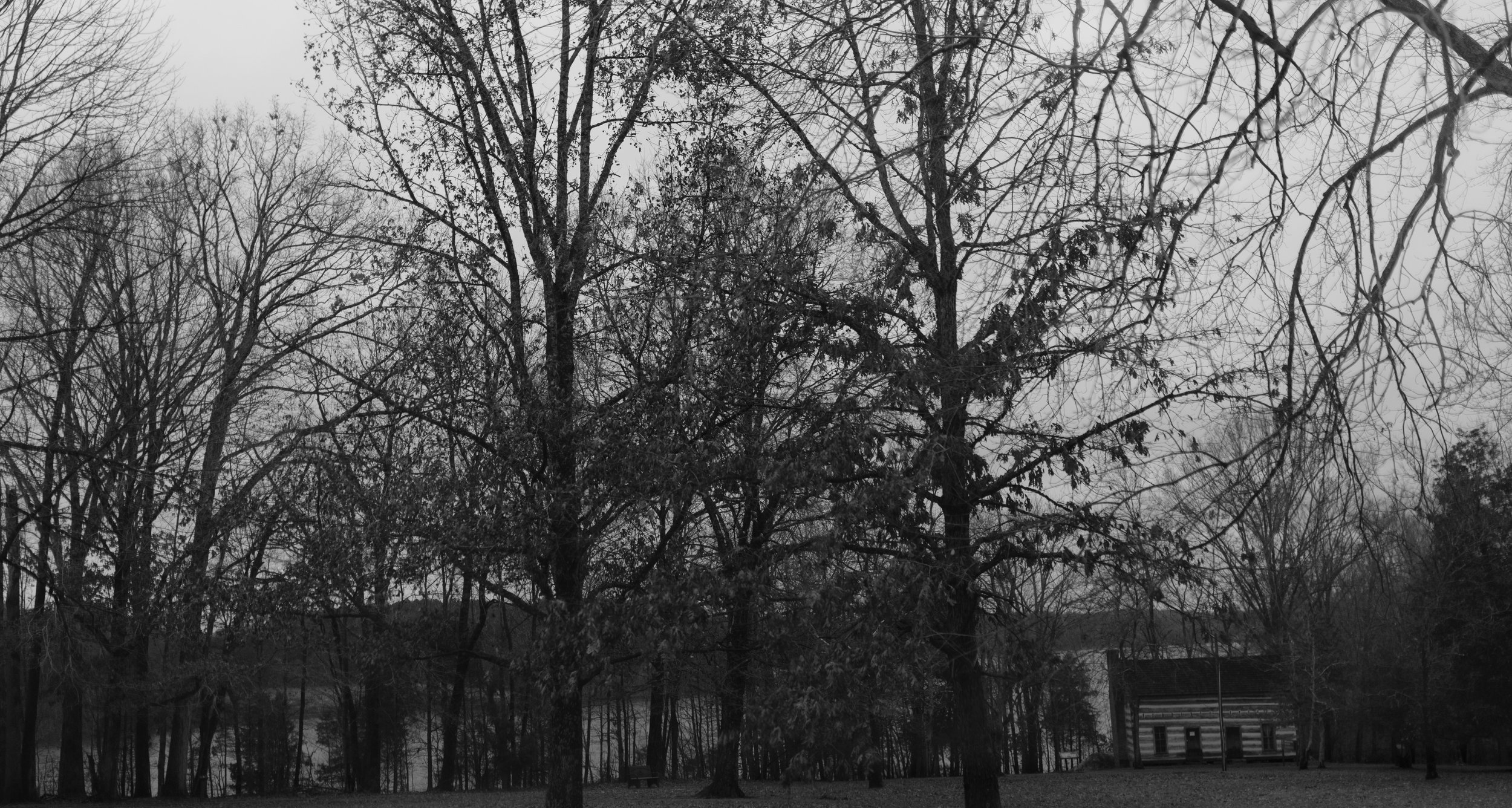
“All day long, all night long, every day and every night, the bodies of women and girls are turned into battlefields. Their bodies are penetrated against their will; they are burned, maimed, bruised, slapped, kicked, threatened with weapons, confined, beaten with fists or objects, shot, and knifed; their bones are broken; and they lose limbs, sight, hearing, pregnancies, and their sense of personal and physical integrity. They are terrorized and killed. This is what battlefields in war are like. Bodies are damaged, flesh is ripped apart, and minds and lives are destroyed.”
— Susan Brooks Thistlethwaite
Growing up around the era of purity balls and books like I Kissed Dating Goodbye in the height of purity and modesty culture, the earliest lesson I learned was that my body was a "stumbling block for men who couldn't control their sexual urges." In religious settings, people compared women's bodies to a damaged rose, a used car, a chewed piece of gum, an already opened present, a lint roller with dirty lint on it, paper that had been glued together and pulled apart, and various other inanimate objects. Spaghetti strap shirts were frowned upon even before I hit puberty, and wearing a bikini or low-cut top meant I was "leading men to temptation."
By the time I was fifteen-years-old, I'd sat through at least a dozen purity talks coming from the pulpit. In all those conversations, however, no one ever talked about sexual assault, sexual battery, or rape. It was never mentioned, not even once. During this time, there were lessons I learned as a young girl about my body that I carried into adulthood. There are pieces of myself I was taught to be ashamed of. I feel robbed of the belief that my body was never flawed and that my body wasn't responsible for the "sin" of others. Most days, I don't feel anger; there is only grief left. Religious purity culture, which claims to keep women safe from sexual abuse, actually leaves them more vulnerable to it and creates a culture that fetishizes virginity.
I learned years later that sexual abuse was one of the most common experiences among women worldwide. I learned that 90% of adult rape victims are female. I learned that out of every 1,000 sexual assault cases, 975 perpetrators will walk free. I learned that 2 out of 3 sexual assault cases will go unreported, and out of 310 cases reported to the police, only 25 of those perpetrators will be incarcerated. I learned that 41.8% of women in the US have been victimized by sexual violence other than rape and that nearly 80% of female sexual assault victims experience their first assault before the age of 25. [Source: RAINN Statistics]
Additionally, I learned that the religious "purity culture" I grew up in enables rape culture and is deeply rooted in misogyny. What was most shocking to me was the knowledge that many of my friends had already gone through an experience of sexual assault, sexual battery, or rape. I had no idea.
Years later, I found myself reporting an incident to a male police officer and sharing with him in graphic detail how I was harmed. Officials later told me that my perpetrator would not be charged for his crime because I did not physically resist during the initial assault. Although I explained my reasoning behind not resisting (the fear that I could be physically harmed at a greater length), I walked away from the experience with this knowledge: our justice system, especially for those who identify as women, is broken. To understand this injustice at a greater length, I started a personal project titled More Than a Body. Over the months following, in addition to seeking therapy, I interviewed and photographed multiple individuals about their experiences regarding sexual assault/rape. This project is a resistance and a protest. In honor of my body and all of the strength she carries.
These are real stories and real voices, including my own.
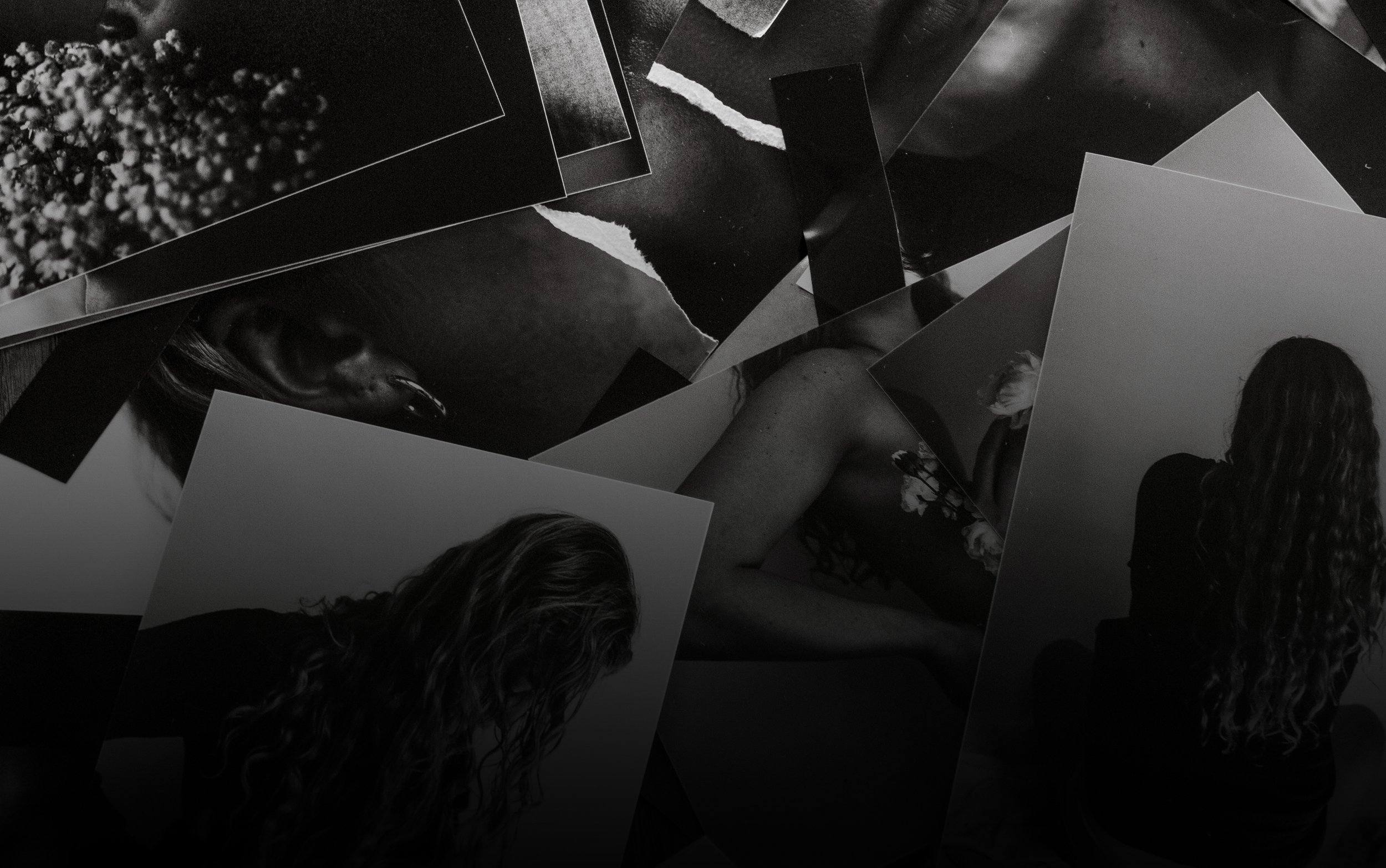
I’ve interviewed and listened to countless stories of sexual abuse and pain over the past two years since this project first launched. Most had never been told. I’ve received emails and messages and cried with friends over coffee. Each story differs from the next, but the journey toward healing holds the same weight. I found myself asking the question, how do we heal from an experience where we are walking the road toward recovery completely alone?
People do not know how to help survivors if they have never gone through the experience. Because of this, depression is almost inevitable, soaking up the joy and light that was once there, leaving them with the shell of the person they once were. It feels similar to walking through a forest, searching for signs of life and light in a dark season. With every twist and turn in the paths through the dark woods, we discover small signs leading us towards something, anything.
The forest we find ourselves walking through is deep and confusing, and we cannot help but ask ourselves,
will there ever be a way out?
“Telling women to cover up their bodies to avoid being a stumbling block for men, is to submit to the same system that teaches those same men that women’s bodies are objects to sexualize.”
- Anonymous
“After I was raped, I saw my body in a completely different way. I felt an immense amount of shame, and I wanted to conceal every inch of my being. Still to this day, I have flashbacks to the event. I can’t believe it only took a few seconds of his life to harm me, but those few seconds continue to haunt me.”
- Anonymous
“People need to stop calling us victims. I am not a victim of rape. I am a survivor, and my perpetrator has no power over me.”
- Anonymous
“I believe our justice system is slowly getting better, but I still think there’s this narrative that women are somehow asking for it by the clothing they’re wearing.”
- Brittany (she/her)
“I was twenty-two when it happened and we were both under the influence. I carry the blame, even though at the moment when it happened, I was actively telling him to stop. The day after, he denied ever remembering it. I still don’t feel that I’ve completely healed and I often wonder if I ever will.”
- Lauren (she/her)
This project is dedicated to those who find themselves in the forest.
There is light at the end of the road.
Thank you Lauren Neal and Maggie Steber for your artistic collaboration and dedication to this project. Thank you to the individuals who’ve bravely contributed to this project and entrusted me with their experiences. Thank you to all the people in my life who’ve stood up for, advocated, believed, and honored individuals who’ve been spiritually traumatized, and physically abused.


